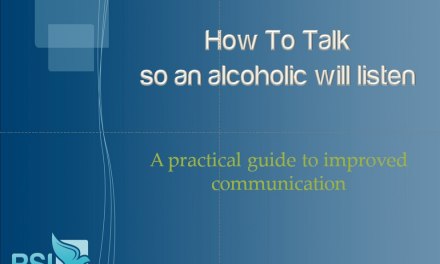In the news recently: accusations of alcohol-related impairment on the part of a highly-placed staffer at the US State Department.
Top State Department Official Repeatedly Drank To Excess On The Job: Watchdog
No way to know the real story, of course, not at this juncture. It’s already been submerged in the larger partisan conflict that dominates today’s politics.
By the way, my favorite definition of a political partisan: “If your party started the war, you support it. If the opposition started the same war, you’re dead-set against it.” A true partisan simply rejects contrary evidence in favor of whatever reinforces their political biases. That’s at the root of many conspiracy theories: the need to be ‘right’, evidence be damned.
If this case turns out to be about someone’s escalating alcoholism (and I suspect it might), it’ll be the latest in a long tradition, where someone who is losing control over their drinking is nevertheless protected by those around them, perhaps from above and below. The ‘guardians’ are aware of the impairment but remain determined to keep it quiet.
In a workplace setting, their motives can include:
- Self-interest— maybe they believe the drinker’s money, fame, personal reputation, social status, or whatever is key to their own success. They worry that acknowledging the problem could harm them, professionally or even personally.
- Avoiding the ‘snitch’ label: Did you think the prohibition against squealing to the authorities was confined to the streets? Think again. Even more so when the behavior in question is stigmatized. Nobody wants to be first to shatter a longstanding dome of silence.
- They think they can control it themselves. Like some families, colleagues and supervisors may attempt to “manage” someone’s alcohol problem. It can take a while to recognize that it just isn’t working.
- They don’t know any better. It’s common for those around the addicted individual to interpret the behavior as evidence of some other problem. Depression, stress, family issues, to name a few. Addiction can be an excellent mimic.
Another thing I noticed: the more hierarchical the workplace– military, police and fire departments, certain bureaucracies, for instance– the more likely it is that such behaviors will be protected. Someone will say, “The higher-ups won’t thank me for bringing this to their attention.” No, they may not.
Occasionally colleagues and supervisors reach a point where they give up and wait for the end, whenever that may come. Early retirement, extended leave due to illness, or even death– just so they won’t have to worry about it any longer. And until it does, they help hide someone’s rapidly deteriorating job performance.
“A couple times he was so out of it at work he actually fell off his stool,” admitted one fellow worker. “We weren’t sure what to do so we helped prop him back up in his seat. One of the guys suggested roping him to the desk. But we decided maybe that was going too far.” He was proud of having drawn a line.
So often, it’s the guardians and protectors who are the real obstacle to change. They become the true focus of intervention– by addressing their fears and altering their behavior, we’re paving a path to recovery.












